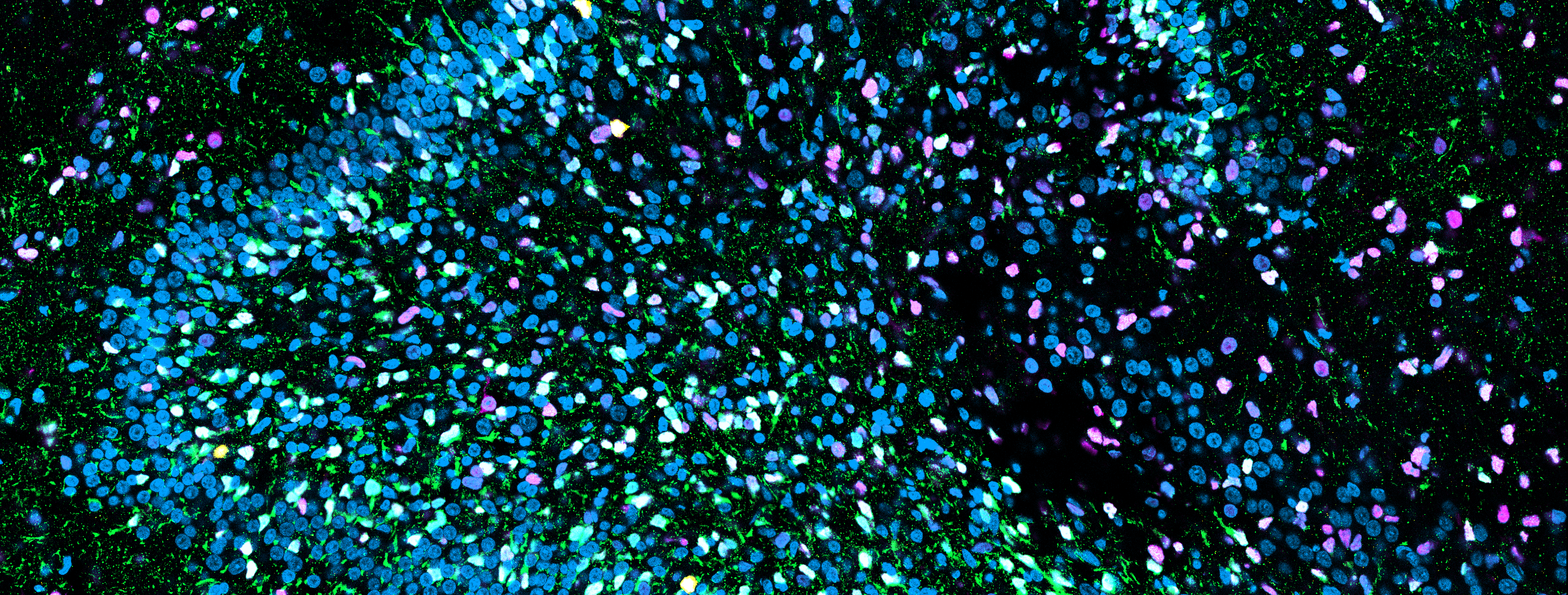Speaker
Description
The polygenic underpinnings of human neurodiversity require new maps to trace its neurodevelopmental physiopathology. Brain organoids can provide major insights into neuropsychiatric disorders, yet the focus is still on one or a few specific disorders at a time, typically caused by highly penetrant genetic mutations studied in isolation. CRISPR-based screenings of heterogenous collections of genes involved in separate functions or pathways has been the main alternative. To capture how individual genomes and chromatin remodellers dosage shape developmental trajectories, we generated single-cell resolved models of paradigmatic neurodevelopmental disorders (NDDs) caused by mutations in chromatin regulators. We collected 50+ cell lines from case-control matched cohorts and isogenic series. This massive design allowed us to uncover the gene regulatory mechanisms defining the specificity of differentiation trajectories underlying NDDs. Through machine learning we reconstructed cell state-specific causal regulatory networks and characterized the impact of chromatin regulators dosage on salient cognitive/behavioral phenotypes. Our integration between gene regulatory networks with the differential expressed genes in a cell type- and disease-specific manner identified key mediators orchestrating biological processes and signalling pathways, inferring intricate gene interactions. By comparing disease gene virtual knockouts with effective cell type abundance changes in organoids, we assessed each gene impact on cellular dynamics, offering insights into cell differentiation fates and their physiopathological mechanisms. Together with this systematic reconstruction of gene regulation along neurogenesis, we provide an NDD atlas and easy to query resources, that can be leveraged to generate new hypotheses and integrate larger datasets accruing from national and international cohorts.
| Author(s) | F. Prazzoli*(1,2), IntegrativeCohortTeam(1,2,3), A. Vitriolo(1,2,3), G. Testa(1,2,3) |
|---|---|
| Affiliation(s) | (1) Human Technopole Foundation, Milan, Italy; (2) University of Milan, Milan, Italy; (3) European Institute of Oncology IRCSS (IEO), Milan, Italy |

